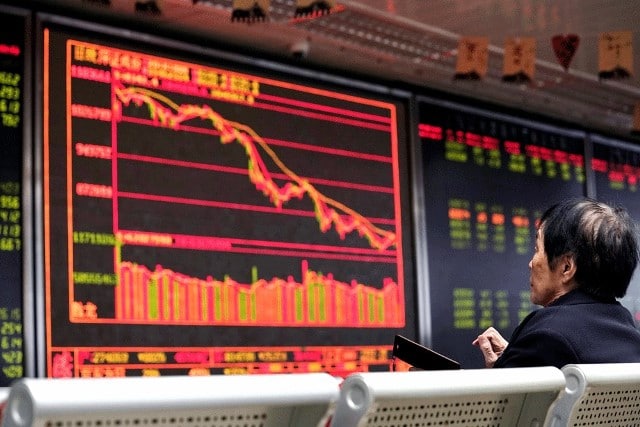The conflict in Ukraine has added to the uncertainty that has already plagued the stock market this year. During a battle with no end in sight and rising sanctions on the side of the US and its European allies, P 500 saw its most significant one-day decline since May 2020.
With hundreds of civilians murdered, including children, and over half a million refugees fleeing Ukraine, the human cost is unquestionably the most critical effect rather than anything related to people’s assets. As the battle drags on, the unpredictability of the implications beyond Ukraine’s borders grows.
After the invasion last month, P 500 index experienced its first correction in nearly two years, dropping more than 10% from its recent high — and despite the uncertainty about what would happen next, the stock market in the United States rapidly recovered.
While the human consequences of the conflict are drawing the world’s attention, the financial repercussions are more convoluted, according to many analysts interviewed by TIME this week. For the time being, experts say the strength of NATO and European nations’ responses has quelled fears that Russia’s invasion of Ukraine could send global markets into a tailspin.
Oil prices have fallen, bringing some relief after reaching a near 14-year high last week; however, the commodity remains elevated around $110, keeping inflation pressures strong.
As Russia’s onslaught on Ukraine continues, trading floors are awash with uncertainty, with Vladimir Putin claiming “good developments” in discussions despite Kyiv’s inability to provide much help.
Later on Monday, US National Security Adviser Jake Sullivan will meet with senior Chinese diplomat Yang Jiechi in Rome, with Ukraine at the top of the agenda as the White House seeks assistance in resolving the issue.
The meeting takes place as the US Federal Reserve tries to find a careful balance between containing skyrocketing inflation and sustaining the world’s largest economy in the face of the Ukraine crisis, which many fear may lead to another recession.
“Extreme volatility in global markets is making worse things by fragile market sentiment, and skyrocketing commodity prices are exacerbating the risk of a recession,” according to the report. Federated Hermes’ Louise Dudley said.
“We expect additional volatility in the immediate term as geopolitical concerns about Russian crude persist.”
The threat of higher borrowing costs has pushed the dollar to multi-year highs against the yen, the pound, and the euro.
About this Announcement
The announcement came as an agreement appeared near, allowing Tehran to sell its petroleum on international markets again, relieving a supply crisis.
The setback occurred after Russia stated that it needed assurances that the Western sanctions put on its economy in response to its invasion of Ukraine would not damage its commerce with Iran.


